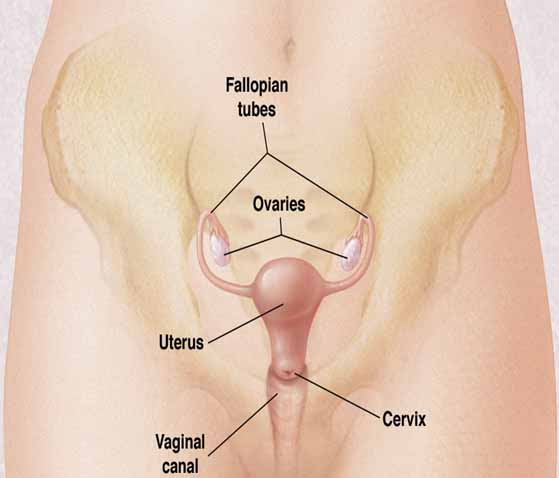
PAP smears
Regular Pap smears remains the best method for detection of cervical cancer. We specialise in performing this simple procedure and aim to cater to your needs whether you are undergoing it as an annual screen or as part of a more extensive screening programme.
Did you know?
- Women who have regular Pap smears have the lowest risk of developing cervical cancer.
- Women who smoke have a higher risk of developing cervical cancer.
- Women who started having intercourse at a young age (below 16 years of age at first intercourse) have a higher risk of developing cervical cancer.
- Being infected with high-risk Human Papillomavirus (HPV) strains for a prolonged period can increase the risk of developing cervical cancer.
HPV vaccines
Whether you are a young woman seeking to receive an HPV vaccination or a concerned mother protecting your daughters against cervical cancer and genital warts in later life, our team of specialists will help you decide if an HPV vaccination is appropriate for you.
Did you know?
- HPV only infects humans and tends to infect the skin cells of the genitals.
- There are some 200 sub-types of HPV.
- Only 15 of these sub-types have been implicated in cervical cancer.
- HPV infection is very common.
- Most cases of HPV infection (>95%) resolve without the need for special vaccines or medicines.
- Only a very small percentage of women infected by HPV go on to develop cervical cancer.
At the NUH Women's Centre, we are committed to providing innovation-driven healthcare to our patients. We not only perform commercially available HPV testing but also HPV-specific genotyping that detects both broad-risk and specific strains of HPV.
Colposcopy
Most abnormal Pap smear results will need to be verified by colposcopy. Images of the cervix are stored digitally and they do not fade over time, allowing on-demand reference.
Did you know?
- Colposcopy is performed with a magnifying scope to allow the cervix to be examined under good light and magnification.
- Colposcopy can identify areas of the cervix that may be undergoing pre-cancerous changes, enabling promptly medical intervention.
- Colposcopy has been used since early 1920s and remains one of the most useful tools in detecting and preventing cervical cancer.
- A diluted solution of acetic acid (vinegar) is used to in the procedure to identify areas of the cervix that have undergone pre-cancerous changes.